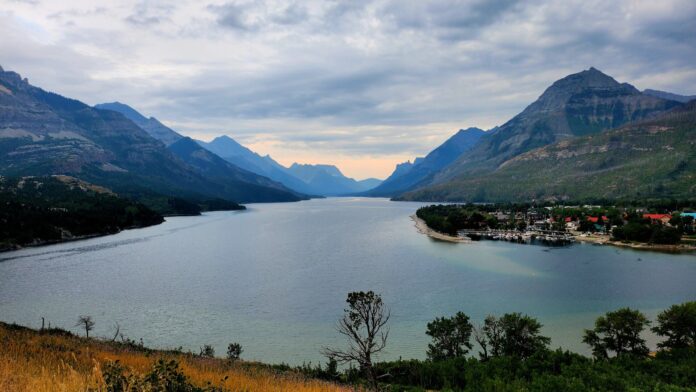Alberta’s government is receiving a failing grade when it comes to reaching international targets laid out in the Global Biodiversity Framework, according to a recent report card issued by the Canadian Parks and Wilderness Society.
Executive Director for CPAWS Southern Alberta Chapter, Katie Morrison explains the report card which tracks both Canada’s success as a nation and each province’s contributions is put out every few years. The grades examine how governments are working towards conserving nature and meeting the targets set out in the framework. Alberta scored quite low when the organization examined the progress that was made, which Morrison says is very little.
“We did see in the last year a couple of small steps that we gave the government credit for. One of them is the addition of about 14 square kilometres of new provincial parks and this was largely from private land donations that they converted to the park system,” Morrison states. “As well as they did undertake engagement on the development of a new plan for parks, which is really how we look at what’s our future of parks in the province.”
She adds the province’s work to expand the protected areas network and parks management are the two key pieces that led to the province receiving a D- instead of just a straight-up F. However, because the province’s parks management strategy does not have clear commitments and other policy decisions the provincial government has made the province the grade they received was not much higher.
According to the posted report card Alberta struggles with understanding long-term conservation strategies, something Morrison says they could get mentorship on from provinces such as British Columbia and Quebec, which are also considered to be resource-dependent provinces.
“They are making progress towards halting and reversing biodiversity loss through taking some of these actions outlined in the biodiversity framework or creating their own nature strategies.”
Another big concern highlighted in the report card is the province’s struggle to balance development with conservation. She explains some policies that the provincial government has put in place or decisions made that are putting biodiversity or nature conservation at risk are major contributors to the negative grade.
“A big one of that is the coal initiatives in the Eastern Slopes. We know that the government is creating a new coal industry modernization initiative… [it also] only consults with industry, it doesn’t consult with Albertans in the creation of that policy.”
” We also saw that the government lifted the moratorium on new coal exploration and development in the Eastern Slopes in January, opening up a lot of those areas that were under exploration, extending those permits, potentially allowing companies back in to continue coal exploration, see the Grassy Mountain coal mine moving forward. So all of those are really big risks in some of our most important landscapes.”
Another piece of legislation she says is concerning is the All-Season Resort Act, which would see large commercial projects for resort development in some sensitive areas of the province skip the regular environmental review.
At a federal level, the Government of Canada received a B+ grade. Morrison says the government’s nature strategy includes commitments that align with the different objectives that are under the Global Biodiversity Framework.
“We’ve seen them commit a lot of funding and support provinces in creation of new protected areas, Indigenous protected and conserved areas, and providing for Indigenous leadership in conservation across the country,” Morrison says. “There are still some areas that the federal government also could use some improvement, but certainly at least seeing a pathway and some real commitments and action towards some of these nature goals.”
Quebec got the highest grade out of all the provinces and territories, receiving an A- and the Northwest Territories and Nova Scotia received the second highest grade with a B+. Ontario is the only province to receive an F.







